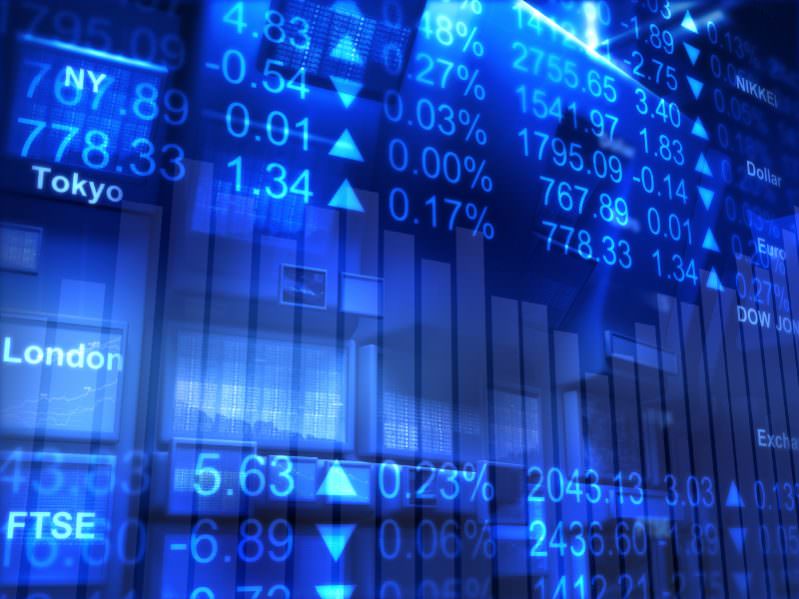Forex Trading vs. Futures: Key Differences Explained

Despite the fact that Forex Trading and Futures represent two very different approaches, they are often grouped together. The choice, for those who want to succeed in speculative investment, is precisely between these two "parallel" realities. Aspiring traders probably feel called upon to choose between Forex and the futures market because they are the only, or among the few, ways to make money quickly, given the high degree of risk to which they expose investors. Here is a comparison between Forex Trading and Futures, followed by a list of the main differences.
First of all, it is necessary to give a definition, however brief, of Forex and Futures.
Forex is the currency market. Currencies are considered as a separate asset, and therefore traded as if they were any commodity. Since to buy or sell a currency, another is needed to make the transaction possible, Forex works in currency pairs. If, for example, a short position is opened on the euro-dollar, then it means that euros will be sold in exchange for dollars.
A completely different discourse for Futures. These, in fact, are contracts through which the contracting parties establish to sell or purchase an asset at a given price and at a specific date. The profit lies in the ability to predict price trends, and therefore in the possibility of buying an asset at a price lower than the market price or selling the same asset at a price higher than the market price.
Here are the main differences between Forex and the Futures market.
In Forex, prices are set (in most cases) by brokers. In Futures, prices come from the stock exchange.
In Forex, no commissions are paid (brokers earn with spreads). In Futures, commissions are paid.
In Forex, micro and mini contracts enjoy good liquidity as guaranteed by brokers. In Futures, this guarantee is lacking and often this type of contract is not adequately covered.
In Forex, by virtue of an "ecumenical" approach of brokers, which aims at acquiring customers from the common people pool, minimum deposits are very low, usually a few hundred dollars. In Futures, they are rarely below $1,000.
Volume data, in Forex, refer to traders of a particular broker. Volume data, in Futures, are instead objective and general.



